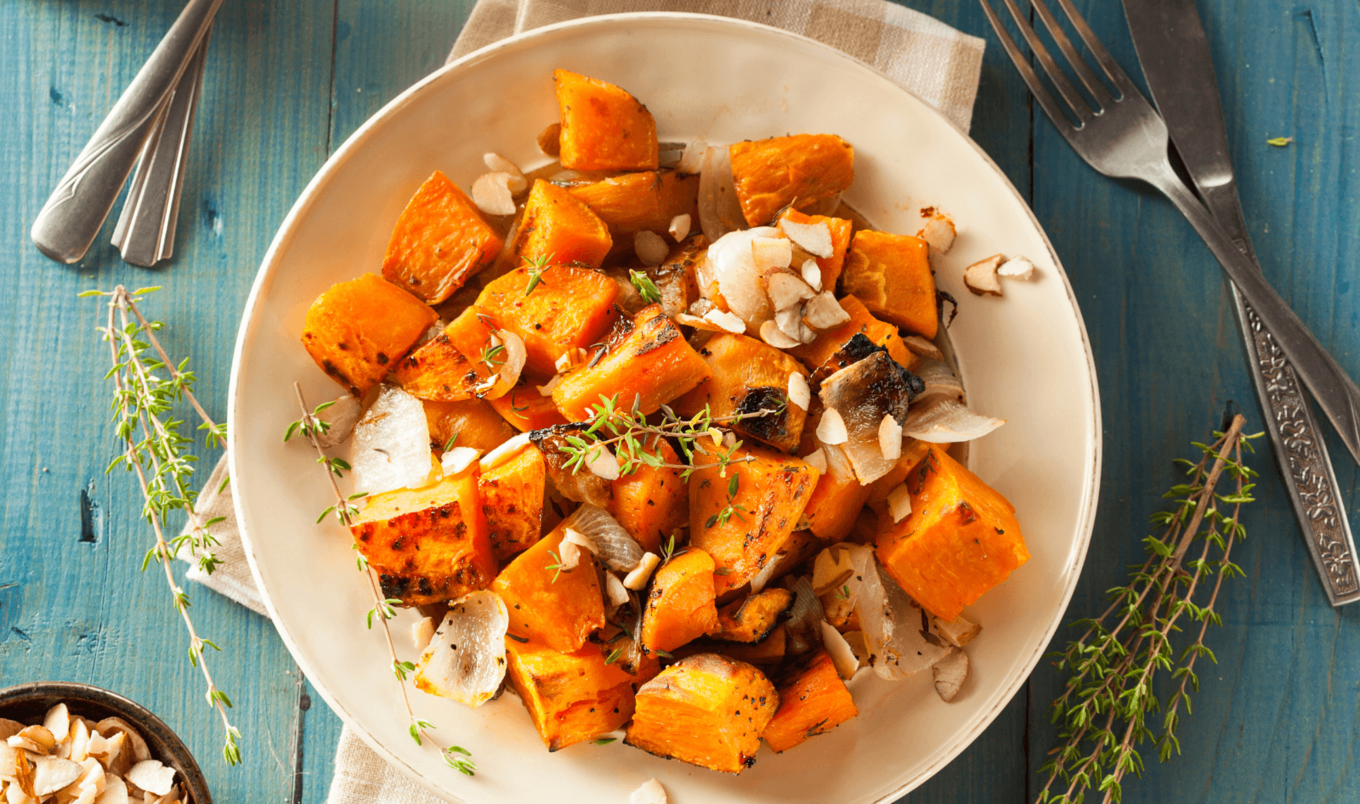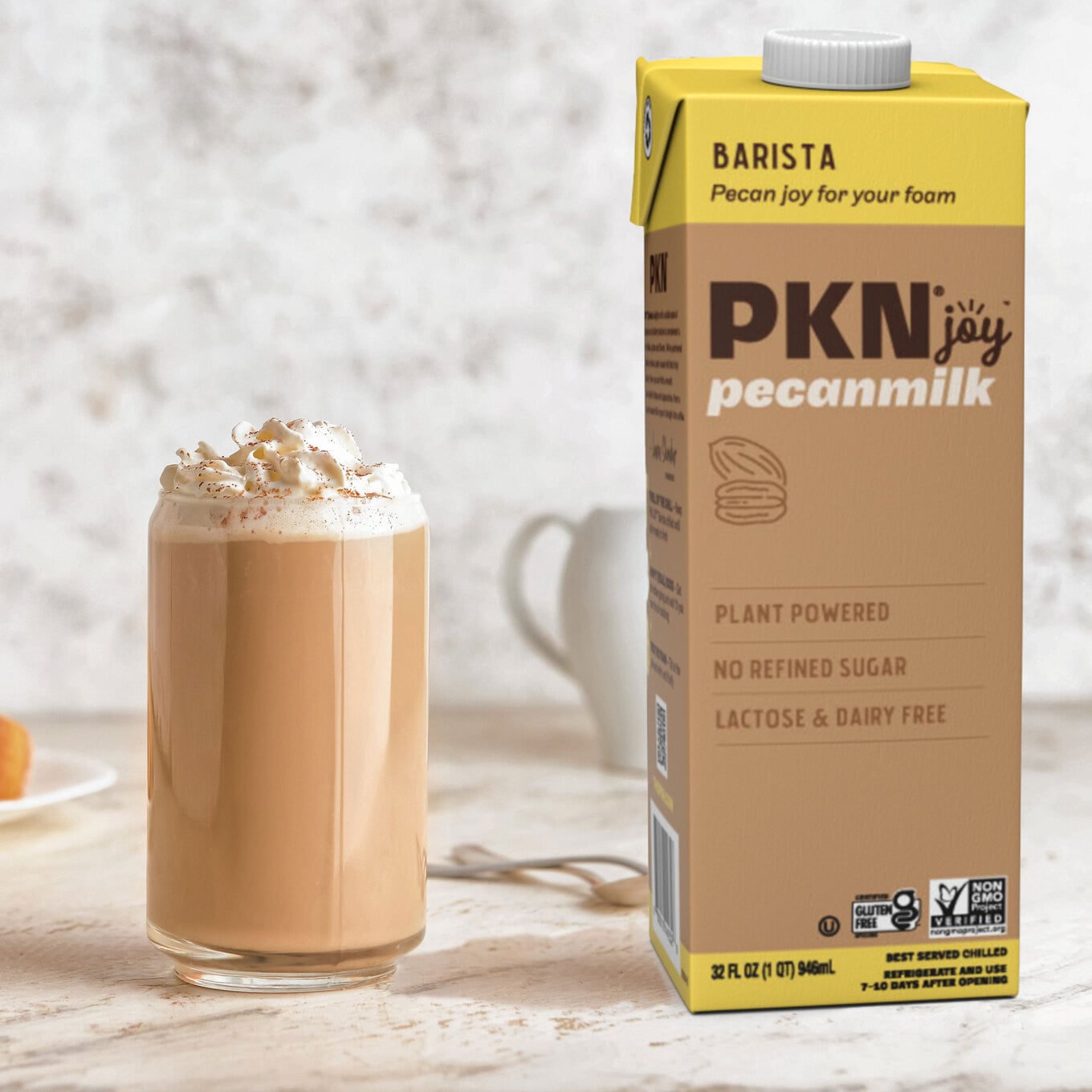In a surprising turn of events, the US Dietary Guidelines Advisory Committee is contemplating whether potatoes should still be considered a vegetable in the upcoming 2025-2030 Dietary Guidelines for Americans.
Currently, the 2020-2025 dietary guidelines recognize potatoes as part of the starchy vegetables category and recommend Americans aged two and older consume five cup-equivalents per week. If the committee proceeds with its reconsideration, potatoes might find themselves grouped alongside rice and other carbohydrates rather than being classified as a vegetable.
The dietary guidelines play a crucial role in shaping nutritional advice and influencing school cafeteria menus across the nation. The potential reclassification of potatoes has raised concerns among growers and industry representatives, along with researchers, nutritionists, and plant-based food advocates alike.
Adobe
According to the USDA’s Economic Research Service, potatoes hold the title as the most commonly consumed vegetable in the United States, with nearly 49 pounds per person in 2019. It’s worth noting that this figure includes popular potato derivatives such as French fries and approximately five pounds of potato chips per person.
Table of Contents
Encouraging healthier eating habits
The committee’s reconsideration stems from a broader effort to encourage healthier eating habits, with a focus on promoting nutrient-dense foods. With potatoes often recognized as a starchy vegetable, this reclassification as a carbohydrate could challenge the conventional knowledge of this versatile vegetable.
“Potatoes are a versatile, affordable, and popular nutrient-dense choice across socioeconomic groups and cultures. Prepared in any form, potatoes provide essential, under-consumed nutrients such as potassium and fiber,” Kam Quarles, CEO of the National Potato Council, told the advisory committee.
However, researchers contributing to the Food Pattern Modeling for the federal committee argue that diets prioritizing whole grains and nutrient-dense foods over fried potatoes tend to yield better health outcomes. The ongoing debate underscores the complexity of balancing nutritional guidelines with the practicalities of everyday food consumption.
The National Potato Council remains steadfast in its defense of potatoes as a vital vegetable, while health advocates emphasize the importance of promoting balanced, nutrient-rich diets. As the committee deliberates on the 2025 dietary guidelines, the fate of potatoes hangs in the balance, with potential implications for school lunches, consumer habits, and the broader agricultural landscape.
What do health studies say?
Although greasy French fries and buttery mash may be what has given potatoes their bad rep as a not-so-nutritious vegetable, lately, researchers have looked a little more closely at the benefits of the humble spud.
Both white and sweet potatoes are staple foods in many cultures around the world, providing a variety of nutrients, including carbohydrates, dietary fiber, vitamin C, and antioxidants. While white potatoes are higher in potassium, sweet potatoes provide much more vitamin A.
 Getty
Getty
“Potatoes should be included in the vegetable group because they contribute critical nutrients,” one article published in the journal Advanced Nutrition said. “All white vegetables, including white potatoes, provide nutrients needed in the diet and deserve a prominent position in food guides.”
Research published in the medical journal Diabetes Care shows that the health issues associated with potatoes may actually be due to how people are preparing them and what they’re eating them with, such as adding butter and eating them alongside meat.
Notably, the study found that, while potatoes didn’t have the same impact on type 2 diabetes as other vegetables, they also didn’t have any negative effects. “In previous studies, potatoes have been positively linked to incidence of diabetes, regardless of how they’re prepared—but we found that’s not true,” EDU researcher Pratik Pokharel said in a statement. “In Denmark, people consume potatoes prepared in many different ways; in our study, we could distinguish between the different preparation methods.”
“When we separated boiled potatoes from mashed potatoes, fries or crisps, boiled potatoes were no longer associated with a higher risk of diabetes: they had a null effect,” Pokharel said.
More and more studies are pointing to the nutritional opportunities potatoes provide in building a satiating, nutritious plant-based diet. A study published in the medical publication Journal of Medicinal Food found that replacing higher-calorie meat with potatoes and beans could promote weight loss.
“We demonstrated that contrary to common belief, potatoes do not negatively impact blood glucose levels. In fact, the individuals who participated in our study lost weight,” Candida Rebello, PhD, an assistant professor at Pennington Biomedical and co-investigator of the study, said in a statement.
Yet another study found that potato protein can be as effective as animal-derived milk in building muscle. Conducted by researchers at Maastricht University in the Netherlands and published in the scientific journal Medicine & Science in Sports & Exercise, the study found that ingesting 30 grams of potato protein concentrate increases muscle protein synthesis rates at rest and during recovery from exercise in healthy, young males. “Muscle protein synthesis rates following the ingestion of 30 grams of potato protein do not differ from rates observed after ingesting an equivalent amount of milk protein,” the study concluded.
 Canva
Canva
And when it comes to child nutrition, a study found that potatoes can assist in solving an age-old dilemma: how to get kids to eat more vegetables.
Published in the scientific journal Nutrients by the Alliance for Potato Research and Education, this research, led by Gene Ahlborn, PhD, from Brigham Young University, delves into the potential of potatoes to boost vegetable consumption among school-aged children.
“Getting kids to eat their vegetables is always a challenge,” Ahlborn said in a statement. “Potatoes not only add nutrients, like potassium, directly to the plate, but they may also help encourage kids to explore other veggies that they’re served alongside and thereby help them get closer to their overall nutrition needs.”






